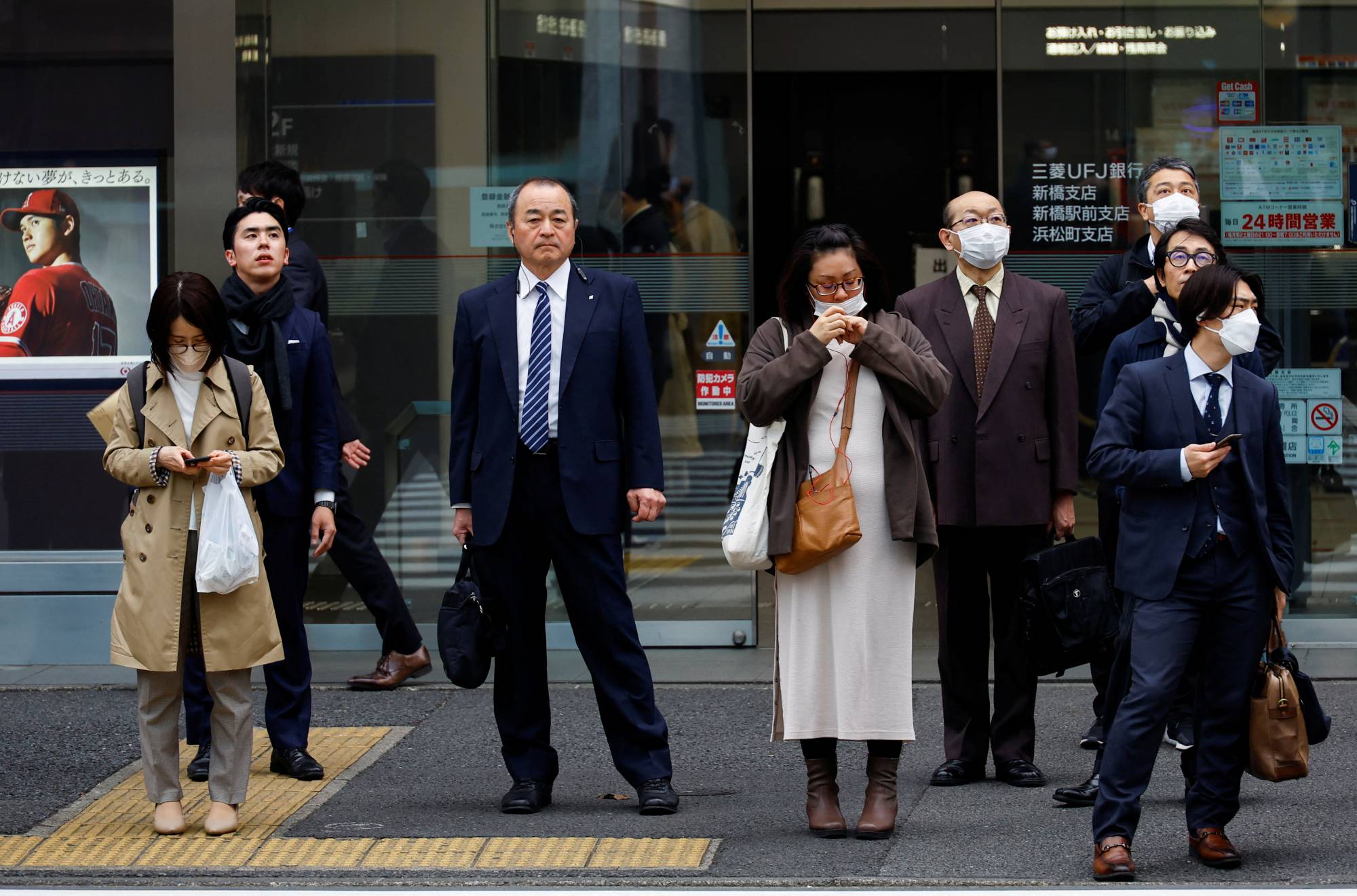Japan’s top labor unions won their biggest wage hikes in decades amid historic levels of inflation, results that could have implications for the Bank of Japan’s policy path.
Following annual wage negotiations, key unions and their employers reached a preliminary agreement to raise overall wages by 3.8% — the most since 1993, and noticeably more than the previous year’s final tally of 2.07%. Base wages, which have a greater impact on household spending power, will be increasing 2.33%, the union group said Friday.
The results were above economist expectations and follow BOJ Gov. Haruhiko Kuroda’s comments that suggested sustained pay hikes of 3% are needed for the bank to normalize its massive easing policy. While Kuroda wasn’t clear which wage gauge needs to go up by 3%, Friday’s negotiation results could be used as a reason for changes under Kuroda’s successor Kazuo Ueda, who takes over the BOJ’s helm from April.



